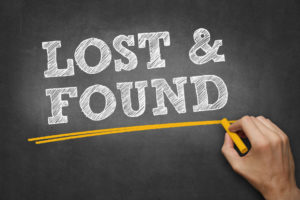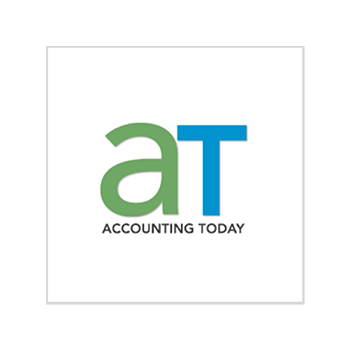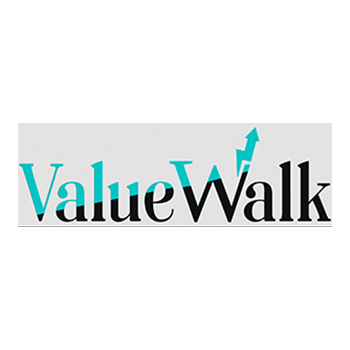 A recent study found that the problem of “forgotten 401(k)” and pension accounts is widespread, and amounts to approximately 24 million accounts containing $1.35 trillion in assets. The issue is so big that Congress is considering creating a national online “lost-and-found” database to help people track down their accounts as part of a larger bill containing more benefits and protections for retirees: the “SECURE Act 2.0” as some are calling it.
A recent study found that the problem of “forgotten 401(k)” and pension accounts is widespread, and amounts to approximately 24 million accounts containing $1.35 trillion in assets. The issue is so big that Congress is considering creating a national online “lost-and-found” database to help people track down their accounts as part of a larger bill containing more benefits and protections for retirees: the “SECURE Act 2.0” as some are calling it.
But until legislation is passed, you will be on your own when it comes to finding your lost retirement money. Whether you changed jobs and forgot about your old plan or your spouse passed away with you unaware of their old accounts with former employers, here are some things you can do.
- Search your paper files
Old retirement account statements can provide account numbers and plan administrator contact information to give you a good place to start.
- Contact former employers’ human resources departments
If you can’t locate any statements, try reaching out to the HR departments at former employers. You should have dates of employment in hand as well as your Social Security number, and you will need to prove your identity. If you are searching for a deceased spouse’s account, you may have to provide a death certificate or other evidence. Remember, a good HR department knows that they need to protect confidential information and will do so.
- If an old employer is no longer in existence
Your 401(k) balance is protected from creditors if an old employer filed for bankruptcy and is likely still at the investment company that administered the plan. By federal law, all 401(k) money must be held in trust or in an insurance contract, separate from the employer’s business assets.
If you are unable to reach the plan administrator, contact the U.S. Department of Labor’s Employee Benefits Security Administration (EBSA) toll-free at 1-866-444-3272.or go to their website at https://www.dol.gov/ebsa/.
- Search your state’s treasury department
Based on the state where you worked, it’s possible that your former employer turned over your 401(k) balance to that state’s unclaimed property fund. Often state treasury departments have online search tools to help you find money that is considered your “unclaimed property” in the form of bank account or retirement assets. You will have to fill out forms and provide proof of identification.
- Try a privately-owned online search tool
A service called the “National Registry” is a national database listing of unclaimed retirement plan account balances used by some employers. It is owned by a firm called PenChecks, Inc. located in La Mesa, California: https://unclaimedretirementbenefits.com/.
- If you’ve lost track of a pension
If you have lost track of a pension held by a former employer, you can request a pension benefits statement from your plan administrator. If that employer no longer exists, the pension may have been taken over by an insurance company or PBGC, the federal Pension Benefit Guaranty Corp. You can track down your pension at: https://www.pbgc.gov/search-all.
- Detailed work history
If you need to prove your work history and eligibility for your pension and have lost old W-2 forms, you can request a detailed earnings statement from Social Security by using Form SSA-7020.
###
Conclusion
We often recommend that you not leave money in a former employer’s 401(k) plan for the simple reasons that you may lose track of it and your money will not be in your control. If you are working, you can roll over the funds into your current employer’s existing 401(k) plan, or you can roll it over into your own IRA (Individual Retirement Account) which can be invested in many different ways.
Beginning at age 59-1/2, your company 401(k) plan may even allow an “in-service rollover” of part of your 401(k) money to your own IRA.
This article is provided for informational purposes only and is accurate to the best of our knowledge. It is not to be construed as financial or retirement advice. Please contact us if you need individualized help with examining your personal rollover options based on your unique situation.
If you’d like to discuss this or any other financial matter, please call us. We’re here to help. You can reach ECL Private Wealth Management at 815.914.0700 or email aaronleak@eclpwm.com. We serve the Chicago/Rockford & Dallas/Ft. Worth areas.
Sources:
https://www.hicapitalize.com/resources/the-true-cost-of-forgotten-401ks/














